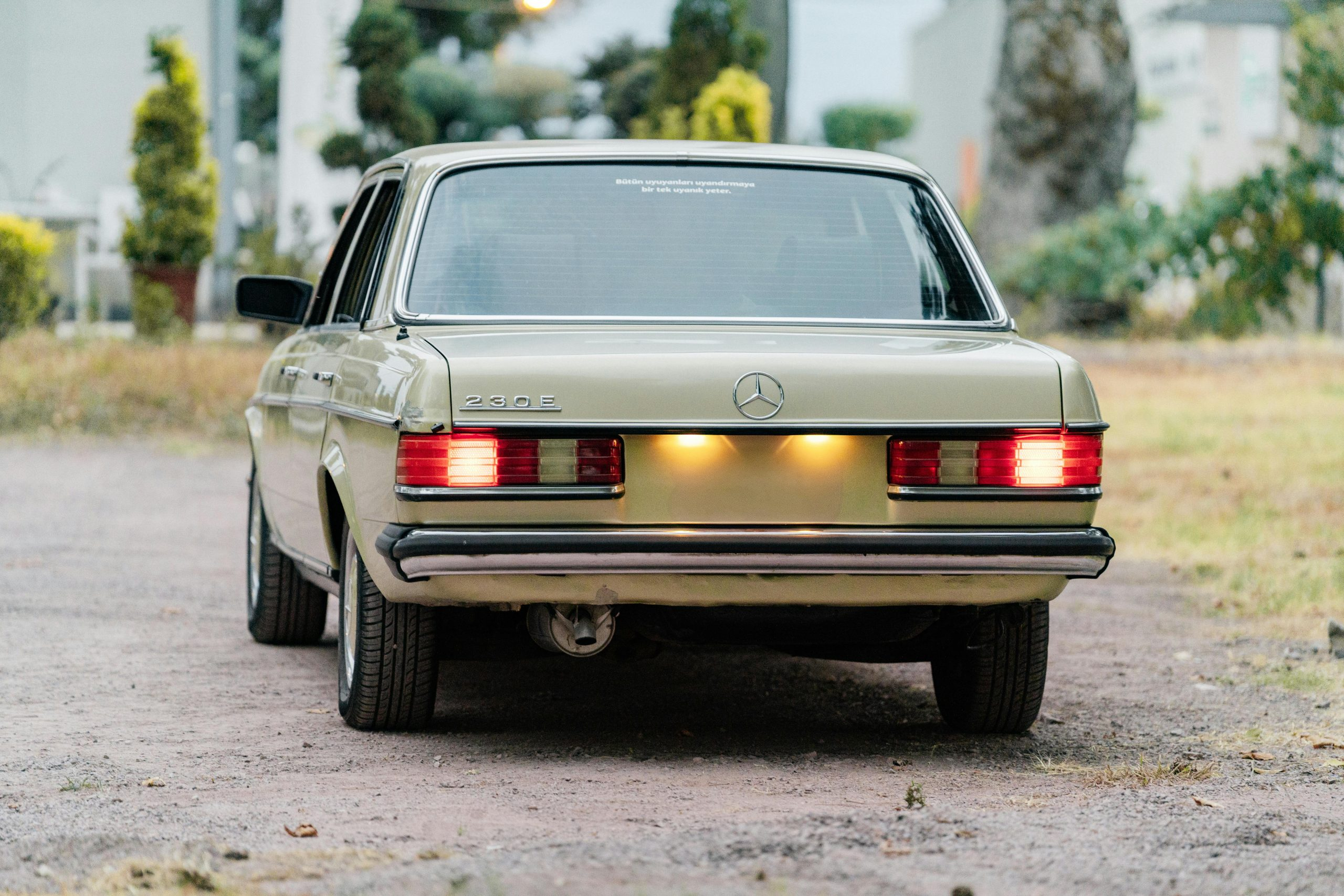Secondhand luxury platforms boom with authenticated resale
The world of luxury fashion has always been known for its exclusivity and high price tags. However, in recent years, there has been a major shift in the way people consume luxury goods. With the rise of sustainable fashion and conscious consumerism, the demand for secondhand luxury items has skyrocketed. This has led to the development of online platforms specifically designed for the resale of authenticated luxury goods. These platforms have not only changed the way we perceive and consume luxury fashion but have also created a booming industry. Let’s take a deeper dive into the world of secondhand luxury platforms and how they are reshaping the fashion industry.
The Rise of Secondhand Luxury Platforms
Gone are the days when buying secondhand luxury items meant rummaging through thrift stores or attending consignment events. The rise of e-commerce and digital platforms has made it easier than ever to buy and sell gently used luxury goods. These platforms have made it possible for fashion enthusiasts to find rare and coveted designer items at a fraction of their original cost. As a result, these platforms have gained immense popularity in recent years, with some estimating the resale market to reach $51 billion by 2023.
The Shift Towards Sustainable Fashion
The increasing popularity of secondhand luxury platforms can also be attributed to the growing concern for sustainability in the fashion industry. With fast fashion being one of the leading contributors to environmental degradation, consumers are turning to more sustainable options. Buying secondhand not only gives these luxury items a new life but also reduces the demand for new products, thus promoting a circular economy.
The Appeal of Authenticated Resale
One of the biggest concerns when it comes to buying secondhand luxury items is the fear of purchasing counterfeit products. This is where authenticated resale platforms come into play. These platforms use a variety of methods, such as in-house experts and third-party authentication services, to ensure that the items being sold are authentic. This not only provides peace of mind to buyers but also helps maintain the value of luxury items in the resale market.
The Impact on the Luxury Market
The rise of secondhand luxury platforms has had a major impact on the traditional luxury market. With consumers being able to purchase designer items at lower prices, the demand for new products from luxury brands has seen a decline. This has led to luxury brands partnering with resale platforms to tap into this growing market. For example, in 2020, Louis Vuitton acquired a stake in secondhand luxury platform, Rebag, to gain a foothold in the resale market.
The Changing Perception of Luxury
The rise of secondhand luxury platforms has also challenged the traditional perception of luxury. In the past, luxury was associated with exclusivity and owning brand new, expensive items. However, with the popularity of secondhand luxury, the focus has shifted from owning new items to owning rare and unique pieces. This not only promotes individuality but also aligns with the trend of conscious consumerism.
The Future of Secondhand Luxury Platforms
As the demand for sustainable and affordable luxury options continues to increase, it is safe to say that the future looks bright for secondhand luxury platforms. With luxury brands recognizing the potential of the resale market, we can expect to see more collaborations and partnerships between brands and resale platforms. Additionally, with the rise of Gen Z as the next big consumer group, who prioritize sustainability and individualism, the popularity of secondhand luxury platforms is only set to grow.
The Need for Authenticity and Transparency
One of the key factors that will determine the success of secondhand luxury platforms in the future will be their ability to ensure authenticity and transparency. With luxury brands and consumers alike placing importance on authenticity, resale platforms need to have robust authentication processes in place. Moreover, transparency in terms of pricing and item condition will be crucial in building trust with consumers.
Conclusion
The secondhand luxury market is booming, and authenticated resale platforms are at the forefront of this trend. These platforms not only provide a sustainable and affordable option for luxury consumers but are also reshaping the traditional notion of luxury. With the continued growth of the resale market, it is clear that secondhand luxury platforms are here to stay and will continue to play a significant role in the fashion industry.










